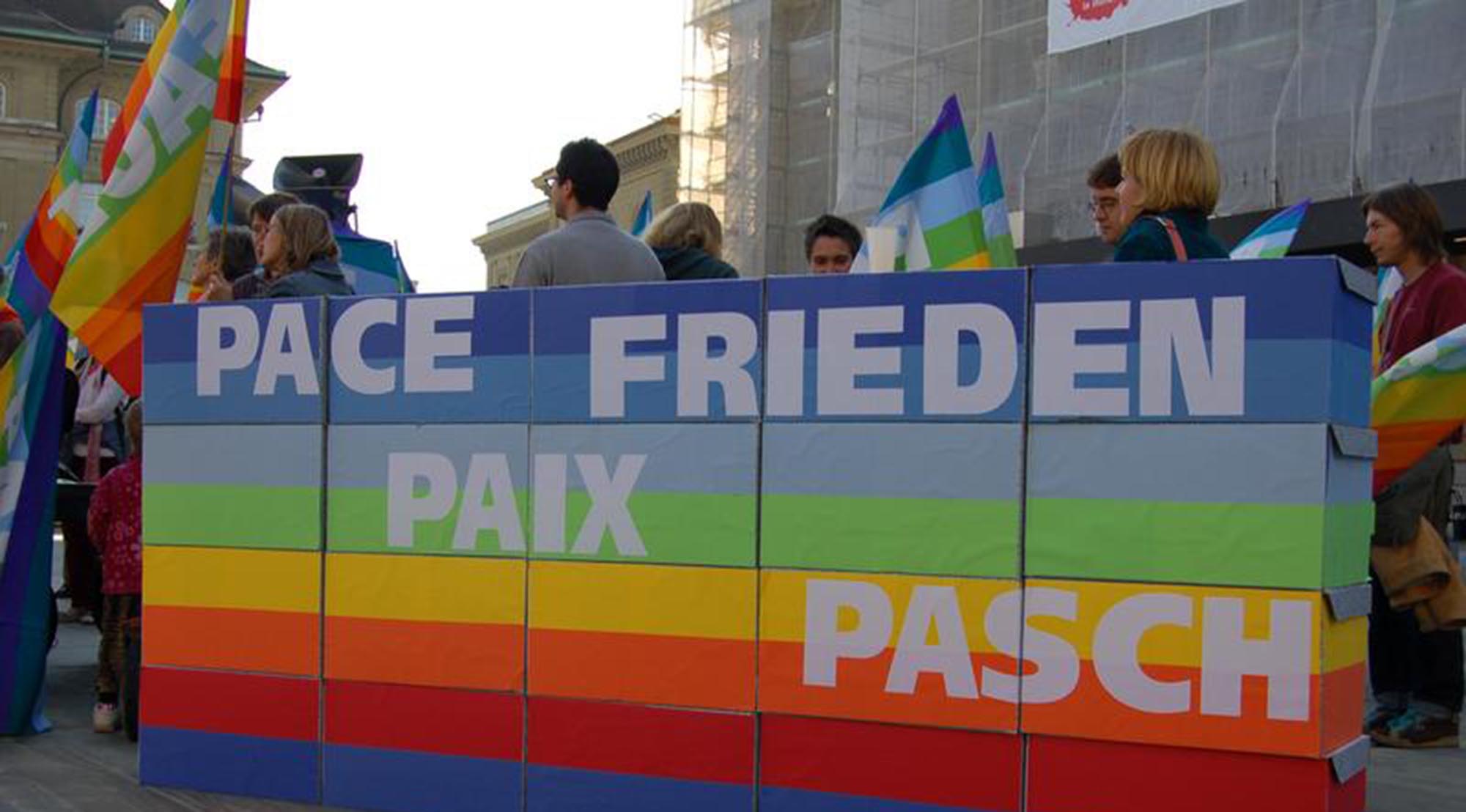Although significantly reduced since the end of the Cold War, the Swiss army is still oversized today, according to the Swiss Peace Council (SFR). In the context of the consultation on the 2021 security policy report, the SFR proposes a shift in priorities. Since joining the UN, Switzerland’s security policy has been based on a collective security system. Participation in international peacebuilding should be placed first, disaster relief second, and national defense third.
This prioritization should call into question the meaning and purpose of compulsory military service. Very well qualified and highly motivated individuals are needed for peacekeeping missions. However, this would also massively reduce the total number of service members required. It would make general compulsory military service obsolete, which would also have “side effects” on the other areas of compulsory military service, civilian service and civil defense.
With the abolition of compulsory military service, the legal basis for civilian service would also disappear. However, civilian service has sufficiently proven its importance and must be maintained in a modified form. Civil defense is in a structural crisis. Those responsible for it are eager to solve this issue at the expense of the civilian service, which is – according to the SFR – a wrong approach. Instead of making the civilian service less attractive, the entire protection and rescue organization fields should be reformed. Dealing with the “climate catastrophe” should not be subordinated to security policy but should be regulated politically, i.e., by civilian means.
This reorganization would also offer a massive shift of the public financial resources from security policy to peacebuilding, development cooperation, and humanitarian aid. It would allow Switzerland to finally reach the goal of spending 0.7% of its gross domestic product on development financing. In addition to a massive increase in its contributions to the ICRC, it could provide a deficit guarantee for its personnel expenses and massively increase its financial support to the global fight against the Covid-19 pandemic and help ensure vaccination in poorer countries. These examples show how Switzerland could effectively contribute to a more peaceful world by cutting military expenditures.
The reduction of the military would undermine the argument that the export of war materials and so-called dual-use goods for military purposes is necessary to enable an independent production of war materials. Additionally, the financial sector should clearly be oriented towards peaceful global development by prohibiting direct and indirect financing of armaments. The fundamental renunciation of such fundings and exports would prevent conflicts from being fuelled from Switzerland and Swiss weapons from appearing in war zones.


